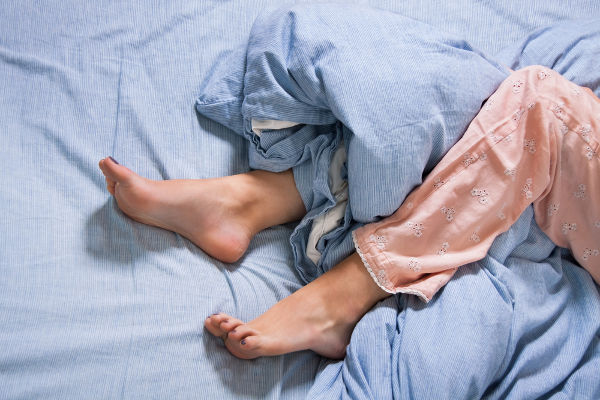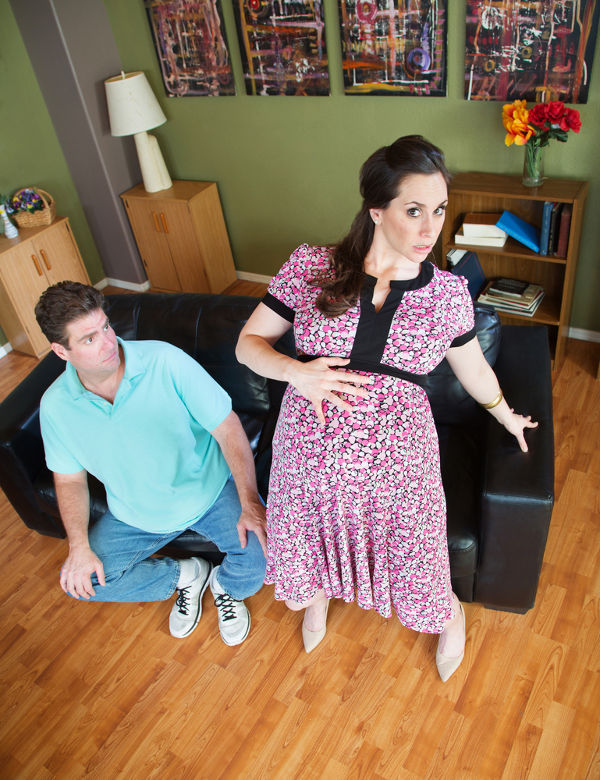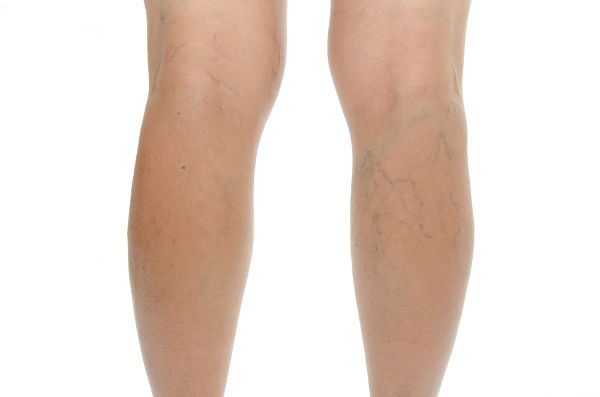Bloating, morning sickness, dizziness, frequent urination, and even constipation are all side-effects we’re used to hearing about when it comes to pregnancy. They can be uncomfortable and disheartening, but there’s a wealth of information for mothers-to-be that can help ease the symptoms. However, many woman experience additional side effects and symptoms that are not so readily discussed. Some are frustrating, others are quite disturbing. Have a read through this list of the lesser discussed pregnancy symptoms and let us know if you’ve experienced anything a little strange.
1) Restless Legs

You might be relaxing on the sofa in the evening with your significant other with your feet up, just like pregnant women are supposed to, when suddenly one of your legs starts flailing about as if it has grown a mind of its own. Restless Leg Syndrome is pretty common in pregnancy yet for some reason rarely mentioned in antenatal check ups. It can be anything from a mild annoyance as it interrupts your favourite TV show, to a frustrating and distressing condition that keeps you awake at night.
Get Some Relief: Daily exercise and stretching can help relieve symptoms, as well as warm baths. Avoid caffeine and get your iron levels checked as low iron can cause this condition. Most cases of pregnancy related RLS goes away after birth.
2) An Inability To Urinate

There are lots of jokes about pregnant woman needing to use the toilet every 20 minutes, but for a small number of women the opposite holds true. Around 20% of women have a tipped or tilted uterus, which is where the uterus is tilted towards your back rather than held straight up. For many women, this doesn’t cause any problems, however, some women have reported an inability to urinate during early pregnancy as a result of this condition. The tipped uterus puts added pressure onto the urethra, which can make passing urine more difficult. In extreme cases a catheter may be required.
Get Some Relief: Some woman find doing a rocking motion whilst they sit on the toilet helps, as does weeing whilst standing up. Try sitting in a warm bath, don’t worry about weeing in the bath, you can shower yourself off later. Exercises can also help, such as spending time on all fours, pelvic floor exercises, and knees to chest exercises where you lie on your back and bring your knees to your chest. Thankfully for most women these symptoms disappear after the first trimester as the uterus grows and pushes everything around.
3) Clumsiness

In the later stages of pregnancy, you may find yourself stumbling around like a drunk as your centre of balance changes. In addition, hormones are released in the third trimester to loosen your pelvic joints ready for labour, but unfortunately, it tends to affect your other joints as well including your knees and ankles which makes coordination just that little bit harder.
Get Some Relief: Unfortunately, there is not a great deal you can do about this one, other than being hyper-aware of your surroundings. It’s probably also a good idea to avoid any gymnastics and those six inch heels will have to lurk in the cupboard for a while.
4) Stuffy Noses

If you feel like you are suffering from hay fever and it’s the middle of January then there is a good chance you are being affected by Pregnancy Rhinitis. This is an annoying but fairly common condition where the nose becomes stuffy and it is thought to affect one in five of pregnant women. Your nose may also feel itchy and you may need to sneeze a lot. Experts think that the changes in hormones in your body in pregnancy create more mucus in your nose, leading to that stuffy feeling.
Get Some Relief: The Rhinitis will go away after labour but in the meantime you treat it in the same way you would a cold, by using steam bowls, warm showers, and a saline or water spray (check which ones are suitable with your pharmacist first and please note that decongestants should not be taken during pregnancy).
5) Varicose Veins

You have bought that cute maternity dress and the sun is shining. You plan to go bare legged for the day when suddenly you realise your leg has developed bulging purple or blue patches. Lovely. Unfortunately, varicose veins don’t just affect the elderly or people who are overweight, they are a common complaint of pregnancy. Your growing uterus puts extra pressure on the veins that bring blood from your legs back up to your heart, causing blood to accumulate in the veins in your legs resulting in the appearance of varicose veins. You may also experience muscle cramps and swollen ankles as a result.
Get Some Relief: It’s very likely that after your pregnancy your veins will return to normal but unfortunately there is little you can do in the meantime. If you are experiencing muscle cramps and achy legs make sure you avoid sitting or standing for long periods of time and take regular exercise. Sleeping on your left side can also help, as this takes off the pressure from the major vein that feeds the heart from the lower body.




